Boost Supply Chain Efficiency with the Right ERP System
In today’s fast-paced business environment, achieving supply chain efficiency is a top priority for organizations across various industries. A robust ERP (Enterprise Resource Planning) system can be a game-changer, providing businesses with the tools they need to streamline operations, enhance collaboration, and make informed decisions. By leveraging the right ERP system, companies can optimize their supply chain, reduce costs, and improve customer satisfaction. In this article, we will explore how an effective ERP system can boost supply chain efficiency and deliver measurable results.
How ERP Systems Enhance Supply Chain Efficiency
An ERP system acts as the backbone of modern supply chains by integrating key functions such as procurement, inventory management, order processing, and distribution. Here's how the right ERP system can drive efficiency in your supply chain operations:
- Real-time Data and Analytics: ERP systems provide real-time visibility into inventory, orders, and production schedules, enabling businesses to make data-driven decisions and respond swiftly to changing market conditions. By having access to accurate data, companies can minimize stockouts and avoid overstocking.
- Improved Demand Forecasting: Accurate demand forecasting is crucial to managing inventory levels and ensuring timely order fulfillment. An ERP system uses historical data and predictive analytics to forecast demand, helping businesses optimize stock levels and reduce excess inventory.
- Streamlined Procurement and Supplier Management: ERP systems automate the procurement process, helping businesses track supplier performance, monitor lead times, and negotiate better terms. Efficient supplier management ensures that businesses can source materials quickly and at the best prices.
- Optimized Order Fulfillment: ERP systems automate the order-to-cash process, from receiving customer orders to processing payments. This helps businesses fulfill orders faster and more accurately, improving customer satisfaction and reducing errors.
- Enhanced Collaboration: ERP systems improve collaboration across departments by providing a centralized platform for communication and data sharing. This enhances coordination between purchasing, sales, production, and logistics teams, ensuring that everyone is aligned and working toward the same goals.
Key Features to Look for in an ERP System for Supply Chain Management
When selecting an ERP system for your business, it’s essential to consider features that specifically enhance supply chain efficiency. The following table outlines the key features and their benefits:
| Feature | Benefit |
|---|---|
| Real-Time Data Tracking | Provides up-to-date visibility into inventory, shipments, and orders. |
| Demand Forecasting Tools | Helps predict demand trends and optimize stock levels. |
| Inventory Management | Automates stock management and minimizes stockouts or overstocking. |
| Supplier Relationship Management | Improves supplier communication and ensures timely deliveries. |
| Order Processing Automation | Speeds up order fulfillment and reduces human errors. |
| Integrated Logistics Management | Enhances coordination between supply chain partners and logistics providers. |
| Predictive Analytics | Analyzes past trends and market data to forecast future needs. |
How to Choose the Right ERP System for Your Supply Chain
Selecting the right ERP system for your business requires careful consideration of your specific needs, industry, and growth objectives. Here are key steps to help you make an informed decision:
- Assess Your Supply Chain Needs: Identify the specific challenges within your supply chain that you want the ERP system to address. Do you need better demand forecasting? Are inventory management issues affecting your operations? Understanding your pain points will help you choose an ERP system with the right features.
- Consider Integration Capabilities: Your ERP system should integrate seamlessly with your existing tools, such as CRM, accounting software, or warehouse management systems. This integration ensures smooth data flow across the business, preventing siloed information.
- Scalability and Flexibility: Choose an ERP system that can grow with your business. Look for solutions that are scalable and flexible enough to accommodate future expansions, new markets, and evolving supply chain demands.
- User-Friendliness: A user-friendly interface is essential to ensure that your team can quickly adopt and utilize the system. A complex ERP system can lead to delays in implementation and lower employee productivity.
- Vendor Support and Training: Opt for an ERP provider that offers strong customer support, training resources, and regular system updates. A reliable support team can help address any issues that arise and ensure that your system is always running efficiently.
Conclusion
The right ERP system can play a crucial role in boosting supply chain efficiency, enabling businesses to reduce costs, improve customer satisfaction, and streamline operations. By providing real-time data, automating key processes, and improving collaboration across departments, ERP systems empower businesses to make informed decisions and drive growth. When choosing an ERP solution, be sure to evaluate features that align with your specific supply chain needs, and ensure the system is scalable, user-friendly, and backed by strong vendor support. With the right ERP system, your business can take its supply chain efficiency to the next level.
Explore
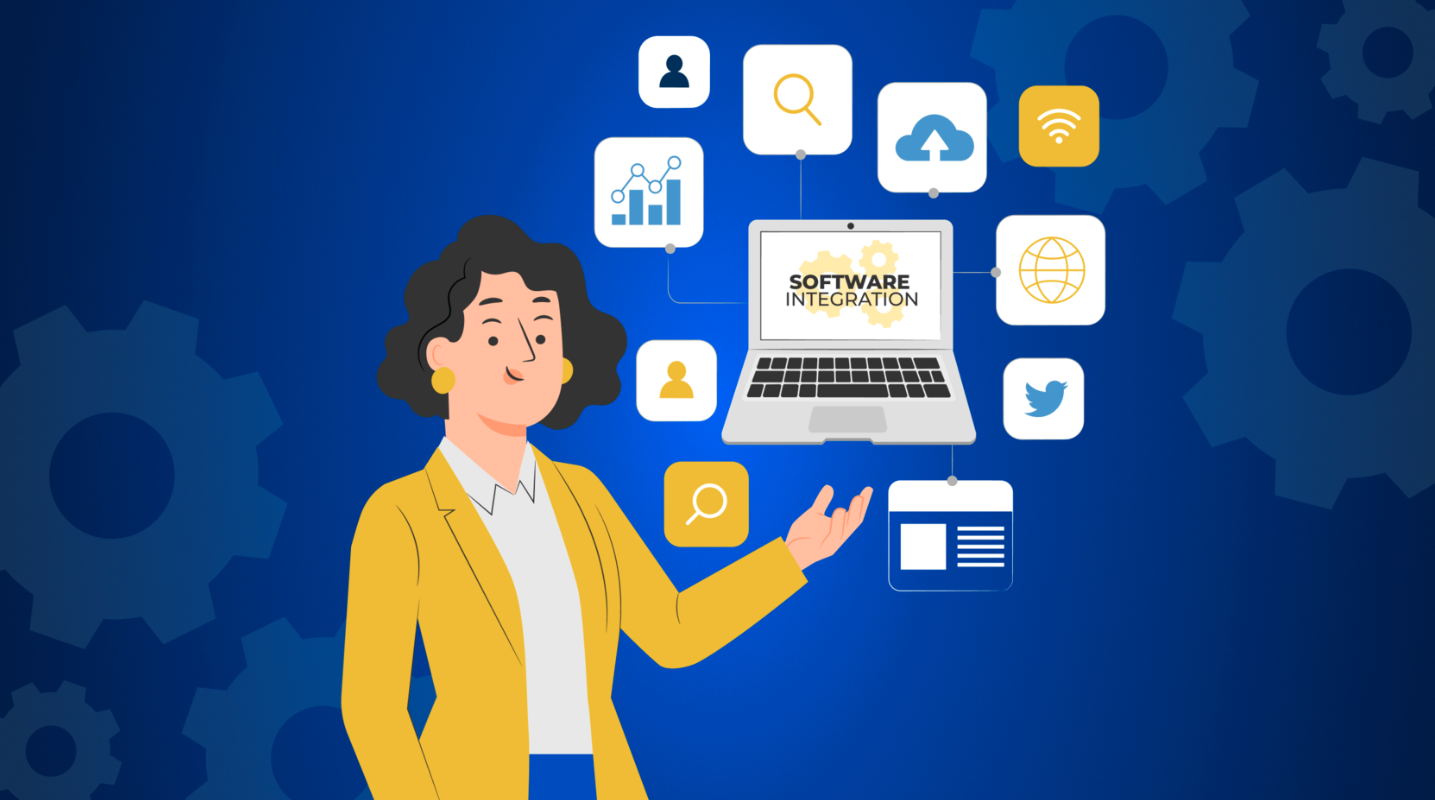
Unlocking Growth with Enterprise Software: Key Features That Drive Success

Cloud ERP vs. On-Premise ERP: Which One Is Right for You?
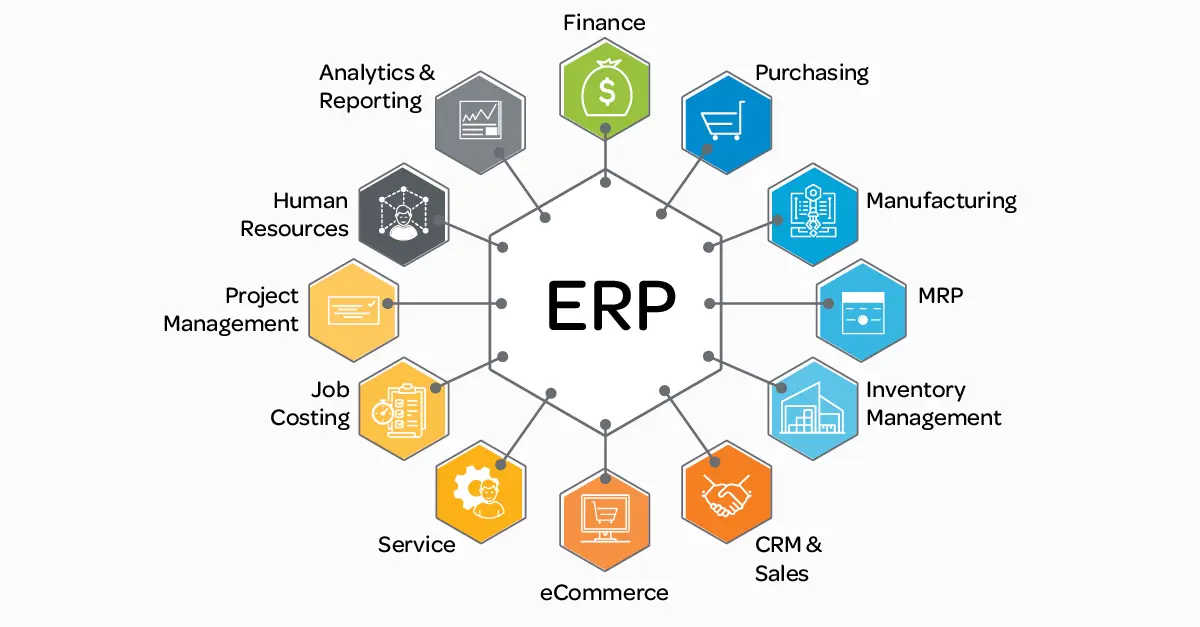
Lessons Learned: Success Stories and Challenges in ERP
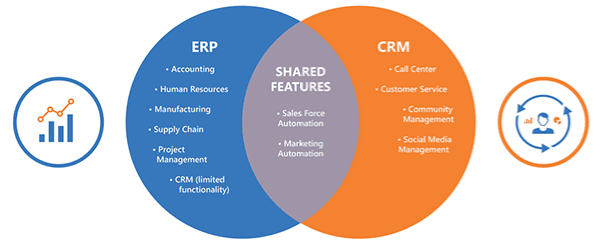
ERP vs. CRM: Understanding the Key Differences for Your Business
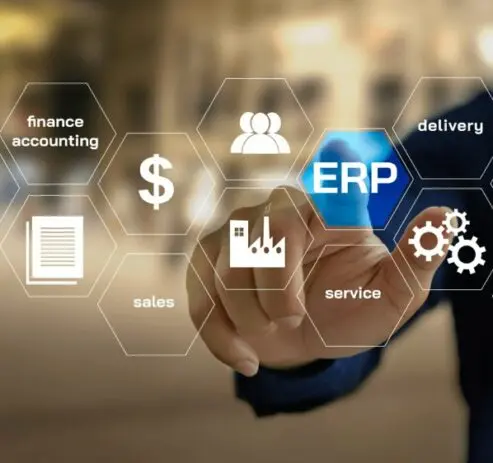
5 Key Steps to Successfully Implement an ERP System
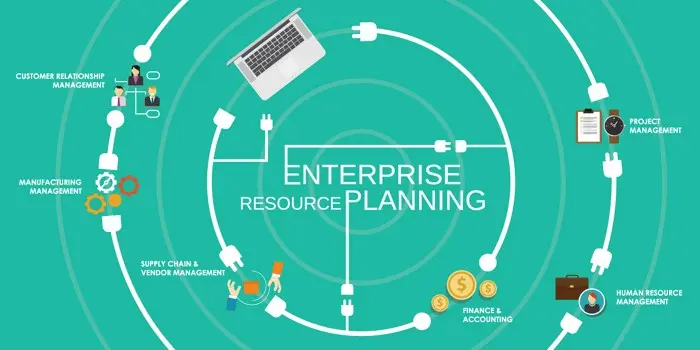
How to Choose the Right ERP System for Small Businesses
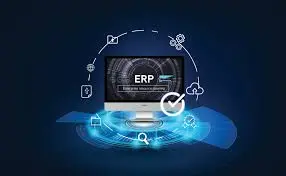
Top 10 Best ERP Software Solutions for 2025
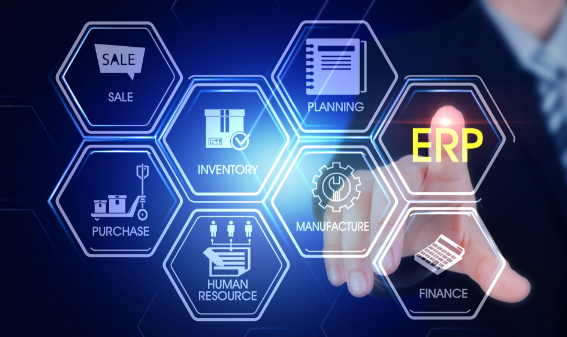
What Is ERP? A Complete Guide to Enterprise Resource Planning
